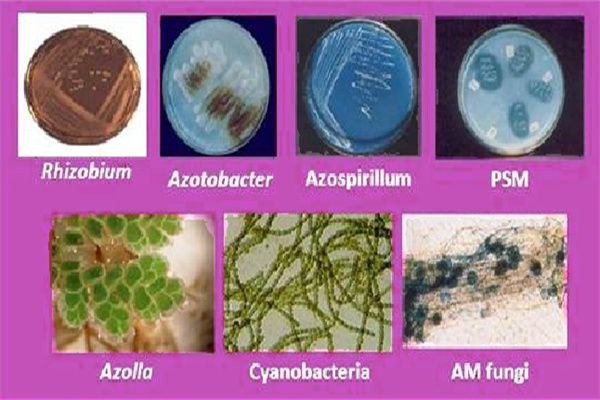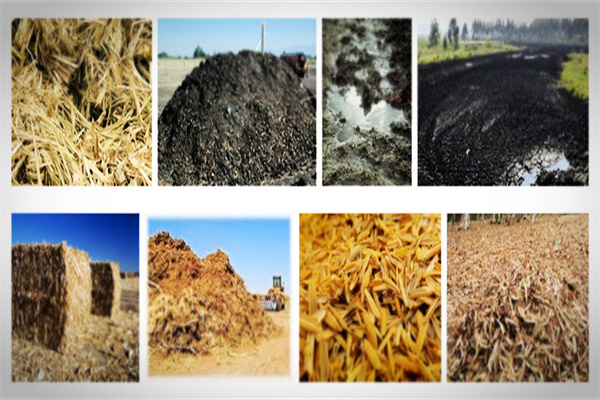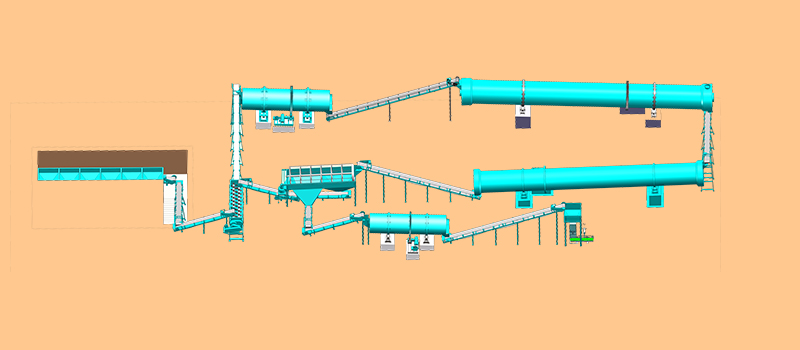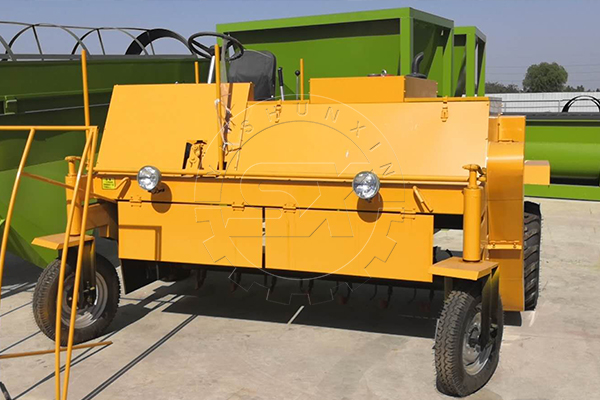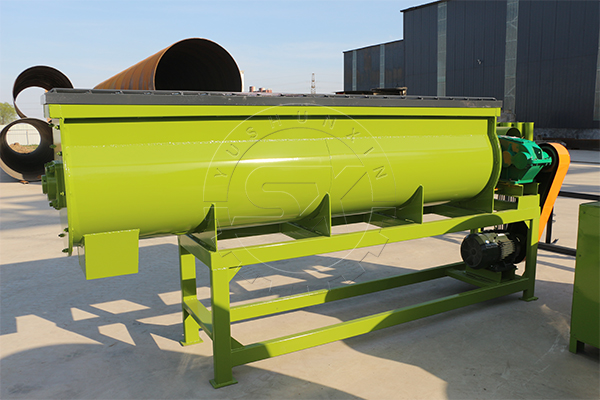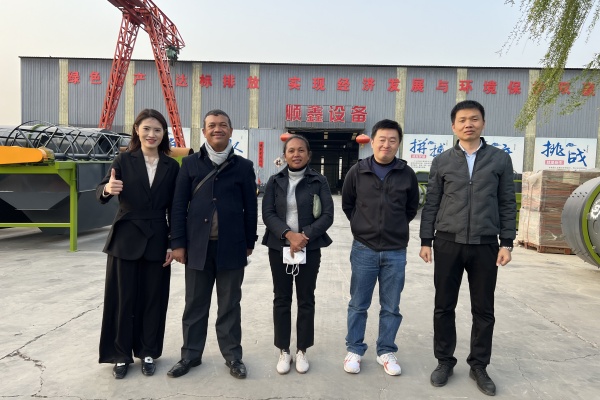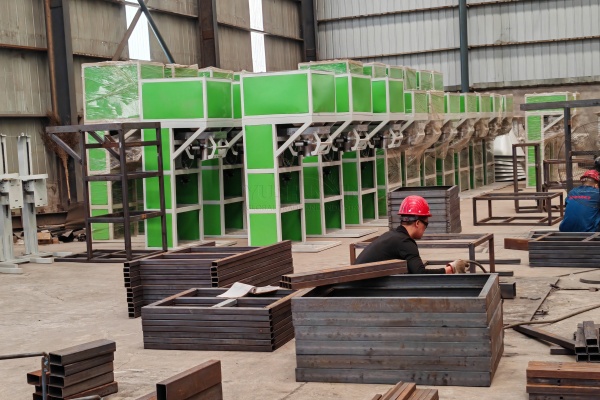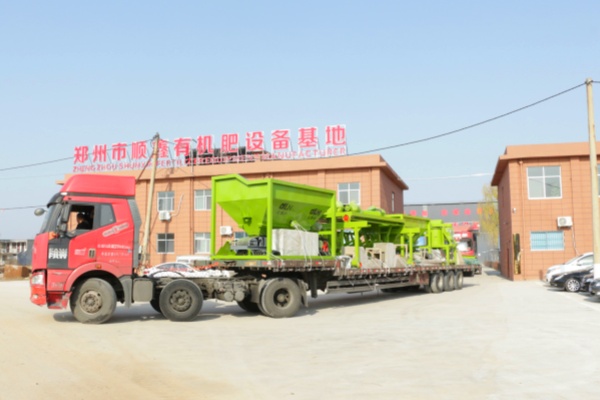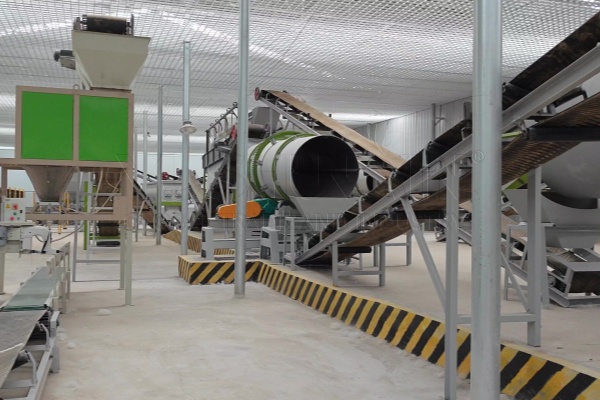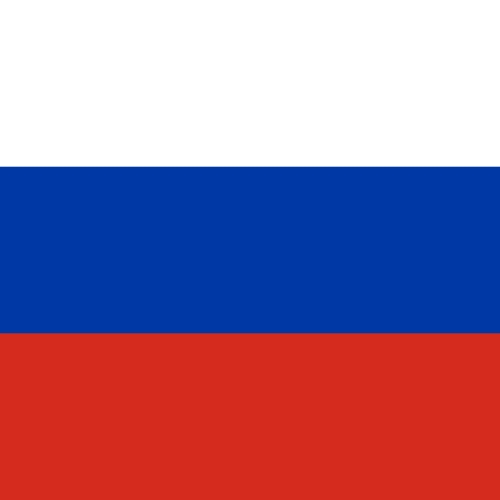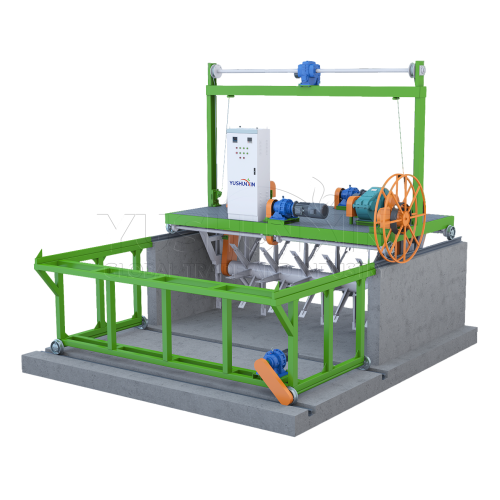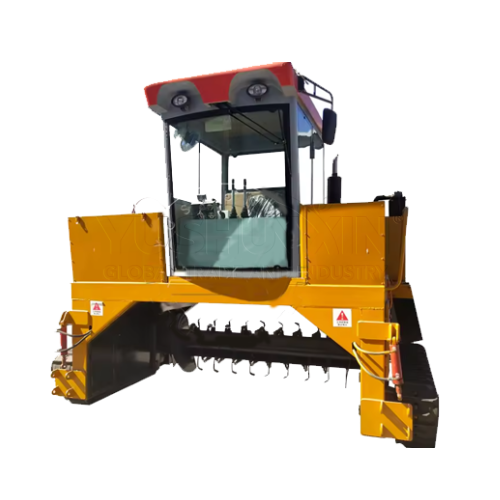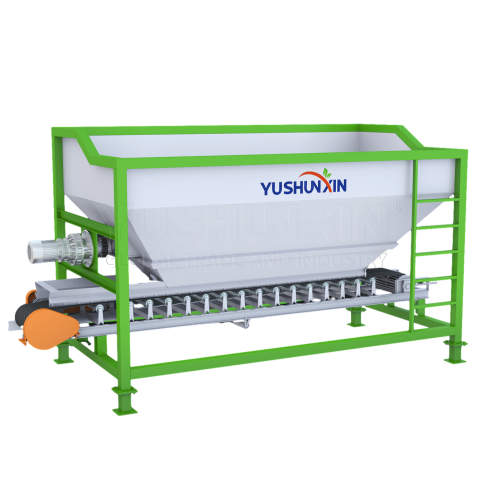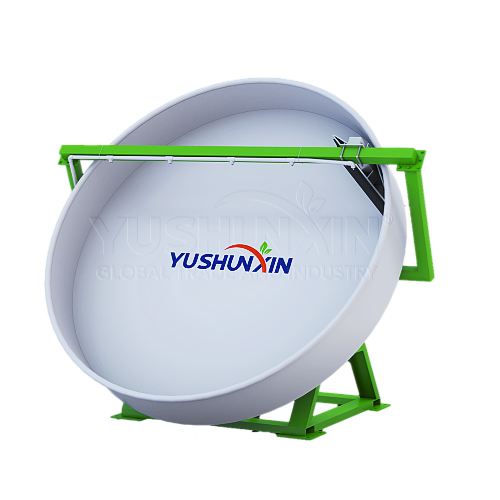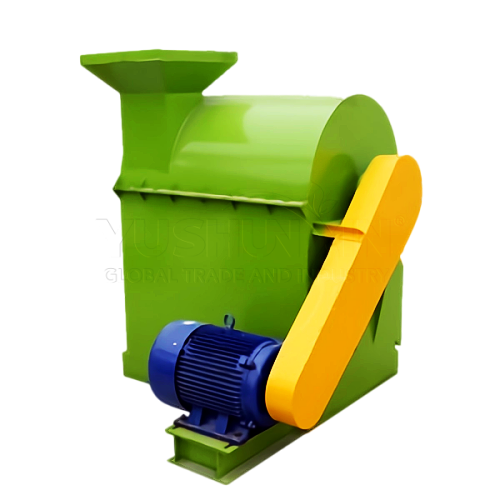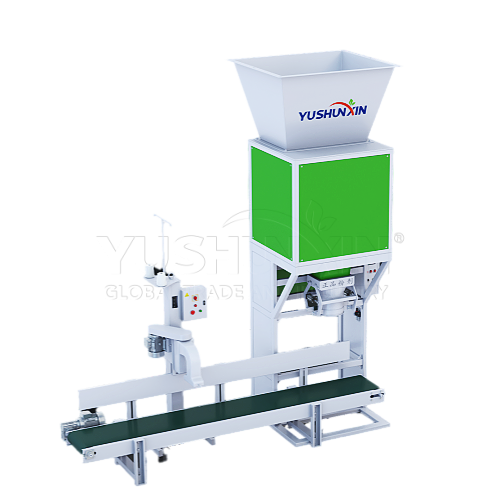소규모 바이오 수정기 생산
최근 몇 년 동안, using a large number of chemical fertilizers and pesticides have exacerbated the soil pollution problem. Improper management will cause the surrounding environment pollution, agricultural products quality degradation, and a serious constraint on the sustainable development of livestock and poultry farming.
If you want to improve the environment for processing fertilizers and application or the quality of agricultural products, the bio-fertilizer production line is undoubtedly one of the best choices for small scale fertilizer factories and farms.
What Types of microbes Are Potential for Bio-fertilizer Production?
It takes a long time to develop and cultivate good strains, and enterprises must face the difficulties of hi-tech precise devices costs, production base building, and human resource investment in the development process. These costs are too expensive to be suitable for small scale fertilizer factories and small scale breeding industries. 따라서, we propose that you can purchase strains from relevant institutions or vendors.
Ordinary strains are commonly accessible and affordable. Common strains include 새균, silicate bacteria, 인산염 가용성 미생물, mycorrhizal fungi, antibiotic bacteria, 등.
The strains of compound bio-fertilizers are rhizobia, 질소 고정 미생물, photosynthetic bacteria, 효모, lactic acid bacteria, actinomycetes, 등.
그중, the most frequently used strain is bacillus in the bio-fertilizer production.
What Are The Appropriate Materials (Carriers) for The Production of Bio-fertilizers?
If you hold a small farm, your ingredients are very accessible. 그러므로, you can be self-sufficient while saving money on raw materials. 뿐만 아니라, the raw materials are relatively inexpensive to purchase, and the purchasing location is not far away from you plant.
Livestock and poultry manure is the main raw material for producing cheap and high quality bio-fertilizer. This is because it has a high concentration of crude protein, crude fiber, minerals and calcium, 인, 칼륨, nitrogen and other nutrients.
Auxiliary materials serve as carriers for microbial inoculation, such as cake (예를 들어. soybean cake, oil-seed meal and groundnut meal), grain residues (예를 들어. 밀기울, 쌀 껍질, 빨대, corn flour, cassava starch residue, 등.), soil (예를 들어. 퇴비, ash, 잔디 숯, 등.), or adding husk or sawdust to facilitate ventilation for better aerobic fermentation.
소규모 바이오 수정기 생산 공정
If there is small scale production, we recommend that you choose the static manufacturing bio-fertilizer process. This method is simple, easy to operate, less investment, and suitable for local production of small-sized fertilizer plant and farm.
Detailed Steps
Appropriate Equipment for Small Scale Bio-fertilizer Production
1. Animal Manure Dewatering Machine
It is a kind of solid-liquid separator, which can handle livestock manure like pig, 닭, 암소, and horse dung into liquid or solid organic fertilizer. The former can be directly used for crop to absorb. And the latter not only is convenient for transportation, but also can improve the soil structure and be made into organic compound fertilizer after fermentation.
2. 이동 유형 퇴비 터너
The machine can be used in the open air or in the workshop. It is the most affordable type of compost equipment. 일반적으로 캐노피가 장착되어 있습니다, 고객의 요구 사항에 따라 운전실로 설계 할 수 있습니다..
3. 크롤러 타입 퇴비 터너
기계에는 소형 디자인이 있습니다, 간단한 작동, 그리고 직장 절약. 완전한 유압 전력 설계는 기본적으로 기계적인 마모가 없습니다., 낮은 보증율을 보장합니다. 기계의 가장 큰 특징은 후기 발효 과정의 분쇄 기능을 통합하고 분쇄 효율을 향상시킵니다..
4. Straw Crusher
The straw crusher is mainly used for crushing and processing various crop wastes such as corn stalks, 빨대, peanut shell, bean stalks and so on with a diameter of less than 5cm. The machine has reliable performance, simple and convenient operation, and covers a small area.
5. Horizontal Mixer for Bio-fertilizer
The machine has good ability of mixing and less residual materials, which is suitable for mixing of compound feed, concentrated feed fertilizers, additives and so on.

지금 무료 견적을 받으십시오!



